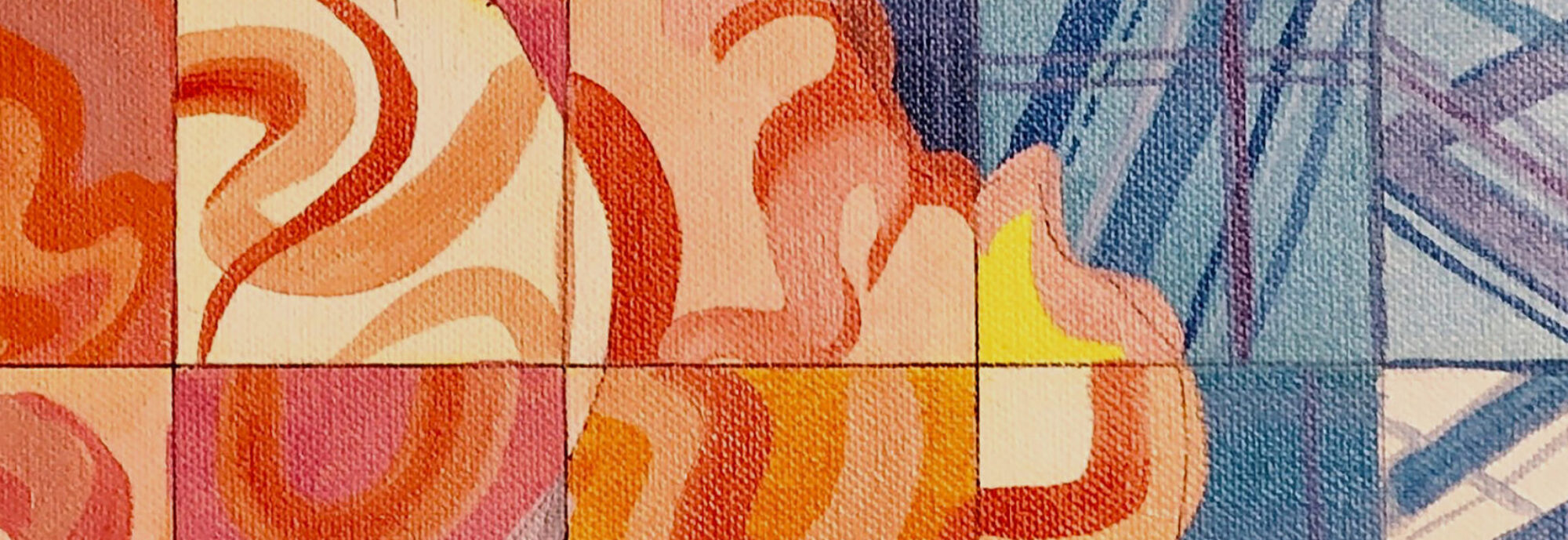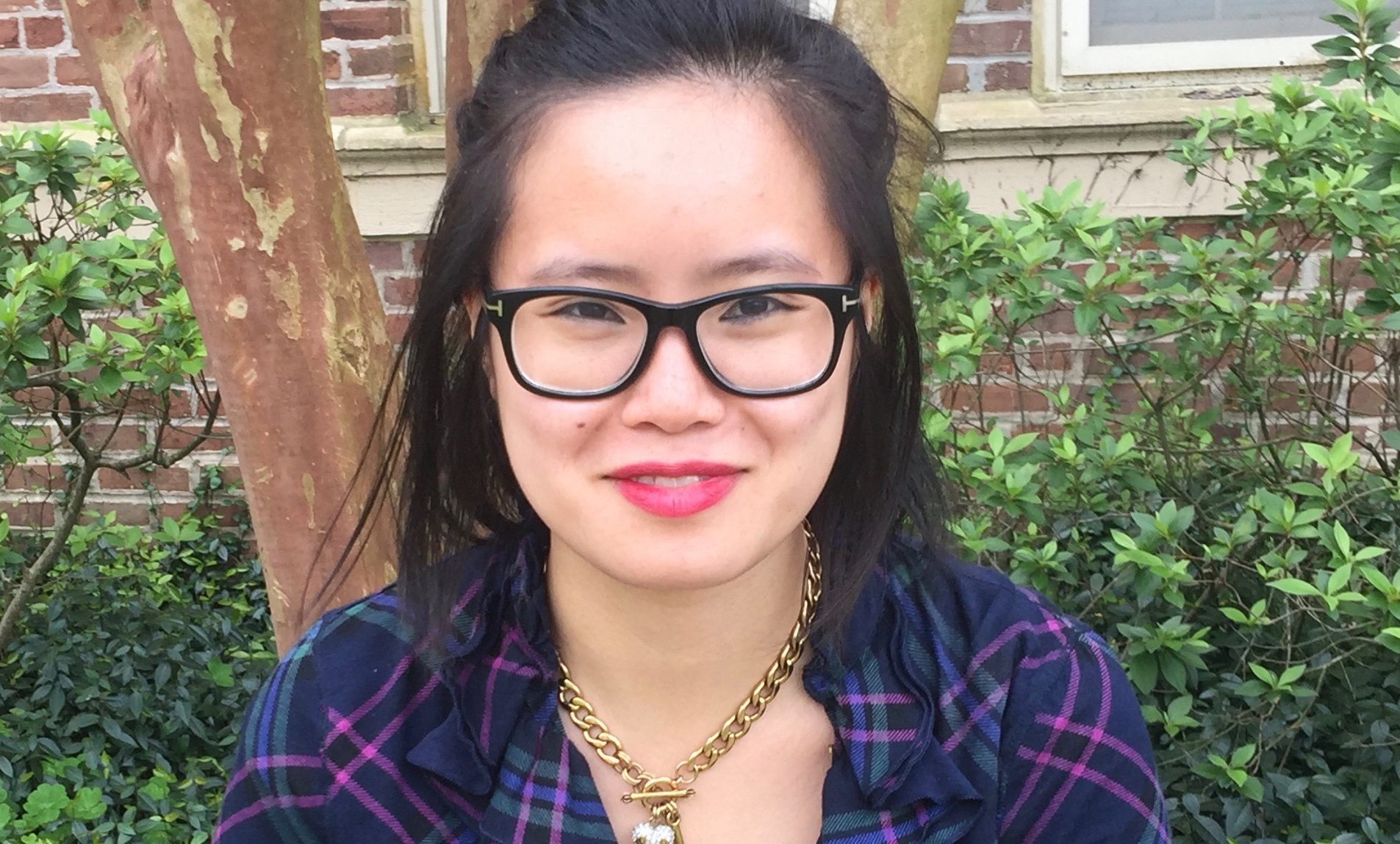By Melanie Quezada
Melanie Quezada: You have just graduated from your MFA in Fiction. What is your advice to students entering the field?
Colleen Mayo: My advice to students who want to pursue writing is: do it! Treat yourself and your writing with respect. This means be disciplined, curious, supportive of yourself and others. Writing sounds and looks and feels many different ways. Try to expose yourself to a wide variety of work. If what you write is totally different from anything else, that’s probably a very good thing. Also, celebrate and participate in writing communities, MFA or otherwise.
MQ: When did you know that writing was for you?
CM: I have no idea! Always? Always.
MQ: If you had a time machine and could meet any author living or dead, who would they be and why?
CM: Well even the fantasy of meeting these people makes me so nervous… I know I’d just explode or drool or be an absolute nincompoop, but the three names that first come to mind are: Toni Morrison, Denis Johnson, and George Saunders. Also, Anthony Bourdain.
MQ: How many hours a day do you write?
CM: I try to write 75 or so minutes every morning before I go to work. It’s tough for me to make big headway with just an hourish, so I like to work for 2 or 3 hours during the weekend.
MQ: Do you believe in writer’s block? What do you recommend for those who have it?
CM: I don’t believe in it for me… because I know I use it as an excuse. I’ll tell myself I have writer’s block because it’s easier than going to sit in the chair and actually deal with something that’s stumping or frustrating me about a story. I usually write myself into stories and characters, which is not a quick process, so for me “writer’s block” usually means I haven’t done enough work yet. All of this is a way of saying that I recommend we all write through our block. Butt in chair. That’s the only way to do it.
MQ: What are you working on now? What do you hope to work on in the future?
CM: I’m working on revising a story collection and getting back into a novel! Two very different projects in different stages, which is fun. My 2019 goal is to finish the damn novel. I’d also like to get to work on some essay ideas knocking around my head but…I try not to get too excited about ideas. We all have ideas, you know? They’re not worth much without the words on paper.
Read Colleen Mayo’s story “Preventative Maintenance.”
About the Author:
Colleen Mayo’s writing has appeared in Crazyhorse, The Sun Magazine, The Rumpus and others. She was a 2017 winner of the FSU Creative Writing Spotlight Award for Nonfiction. Born in Texas, Colleen now lives in Tallahassee where she recently graduated with her MFA in Fiction at Florida State University.
About the Interviewer:
Melanie Quezada is a Creative Writing major at Ringling College of Art and Design. She currently resides in Sarasota, Florida. She is getting her bachelor’s in Creative Writing.

